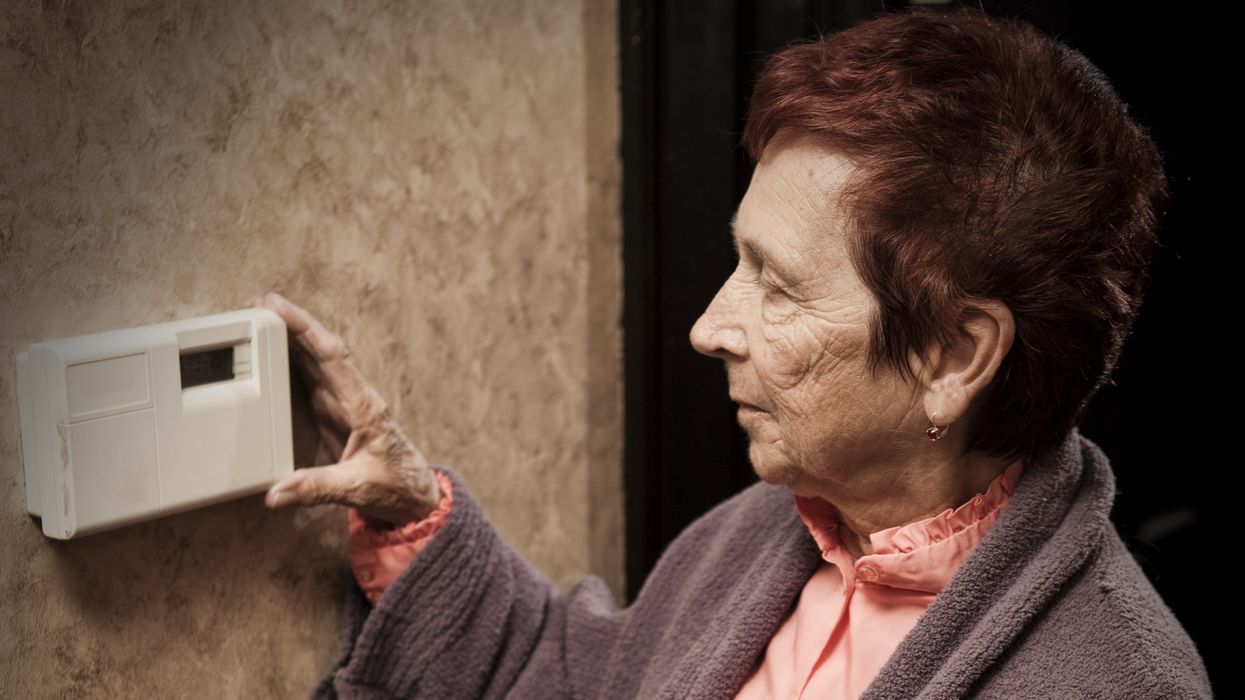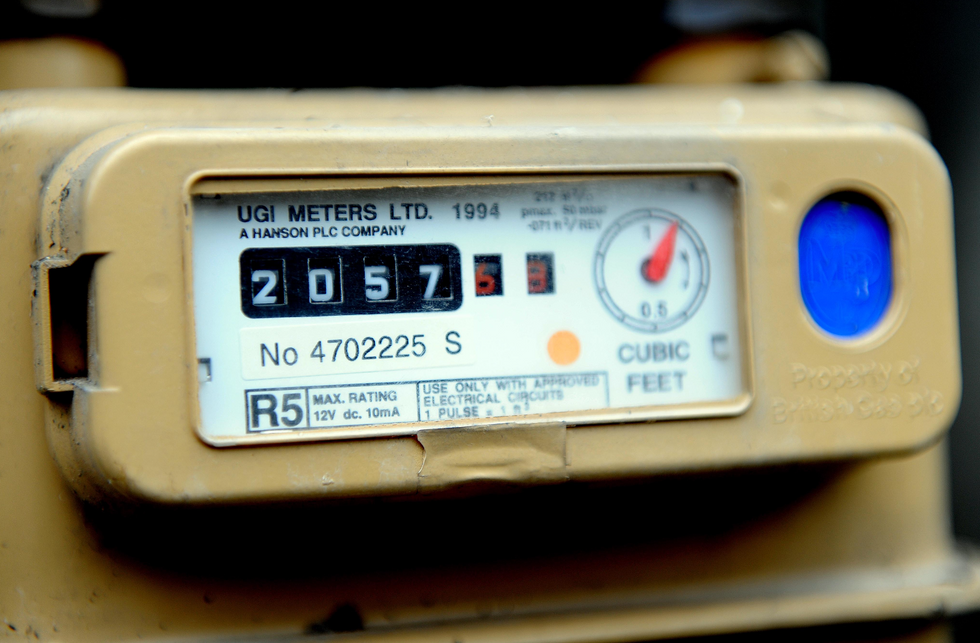Pensioners warned of energy devices that 'silently drain power' costing an extra £102 a year

The Winter Fuel Allowance is intended to help people who have reached state pension age with the cost of heating in the winter | GETTY

These energy-saving measures could provide a much-needed buffer against rising costs
Don't Miss
Most Read
As heating costs soar, pensioners are desperately seeking ways to reduce their energy consumption and cut bills.
Energy experts have highlighted an "often-overlooked" source of unnecessary energy usage which could help save money on bills in the upcoming months.
State pensioners across the UK are bracing for a challenging winter as energy bills surge by another 10 percent. The situation is further exacerbated by the scrapping of the £300 Winter Fuel Payment for many.
Pensioners are being urged to look closer at the appliances they leave plugged in, as even seemingly harmless devices on standby can silently drain power and add unnecessary costs.
These 'vampire appliances' silently drain power even when not in use, adding to already strained household budgets.
"Many people don't realise that appliances like TVs and PCs continue to draw power when they're not in use," explained an expert from Grant Store.
 Labour's plans for the economy hope to lower energy bills | PA
Labour's plans for the economy hope to lower energy bills | PAThey said: "These devices are designed to remain on standby, ready to spring into action, but this convenience comes at a cost. Over time, the energy they consume adds up, and for pensioners already struggling with rising bills, every penny counts."
Some of the worst offenders for standby power consumption are wireless speakers, smart speakers, and sound bars. These devices can cost around £6 per year each when left on standby for 20 hours daily.
The experts added: "While £6 may seem insignificant, it’s important to remember that this cost multiplies with each device left plugged in. For households with multiple gadgets, these small amounts can add up to a noticeable portion of their annual energy bill."
Other vampire devices include phone and laptop chargers, which continue to draw electricity when plugged in but not in use.
Unplugging these gadgets can save between £5 and £10 annually, depending on the number of chargers left connected.
Entertainment systems, such as televisions, gaming consoles, and set-top boxes, are also notorious energy wasters when on standby. Using a smart power strip to cut power to these devices could potentially save another £10 to £20 per year.
Kitchen appliances are also culprits in the standby power drain. Microwaves, coffee makers, and toasters can quietly consume energy when not in use. Unplugging these devices or using a power strip could save an additional £5 to £15 annually.
Grant Store experts recommend making it a habit to unplug gadgets when not in use or switching them off at the wall. They note that modern PCs boot up quickly from a cold start, making standby mode unnecessary.
LATEST DEVELOPMENTS:
The experts said: "At a time when state pensioners are losing out on their Winter Fuel Payment, finding ways to cut down on energy costs has never been more crucial. Unplugging devices may seem like a small change, but every little bit helps when you're dealing with rising costs."
Taking a few minutes to unplug 'vampire devices' can help state pensioners manage their energy consumption more efficiently this winter.
By developing simple habits, such as unplugging chargers and switching off appliances at the wall, pensioners can see a noticeable reduction in their energy bills over time.
The cumulative effect of these small changes can be significant. Unplugging wireless speakers, chargers, entertainment systems, and kitchen appliances could potentially save between £26 and £51 annually.
By tackling standby power consumption, pensioners can take control of their energy usage and ease some of the financial pressure this winter.
While these changes may seem minor, their collective impact can be substantial. For pensioners facing a winter without the usual £300 Winter Fuel Payment, these energy-saving measures could provide a much-needed buffer against rising costs.










